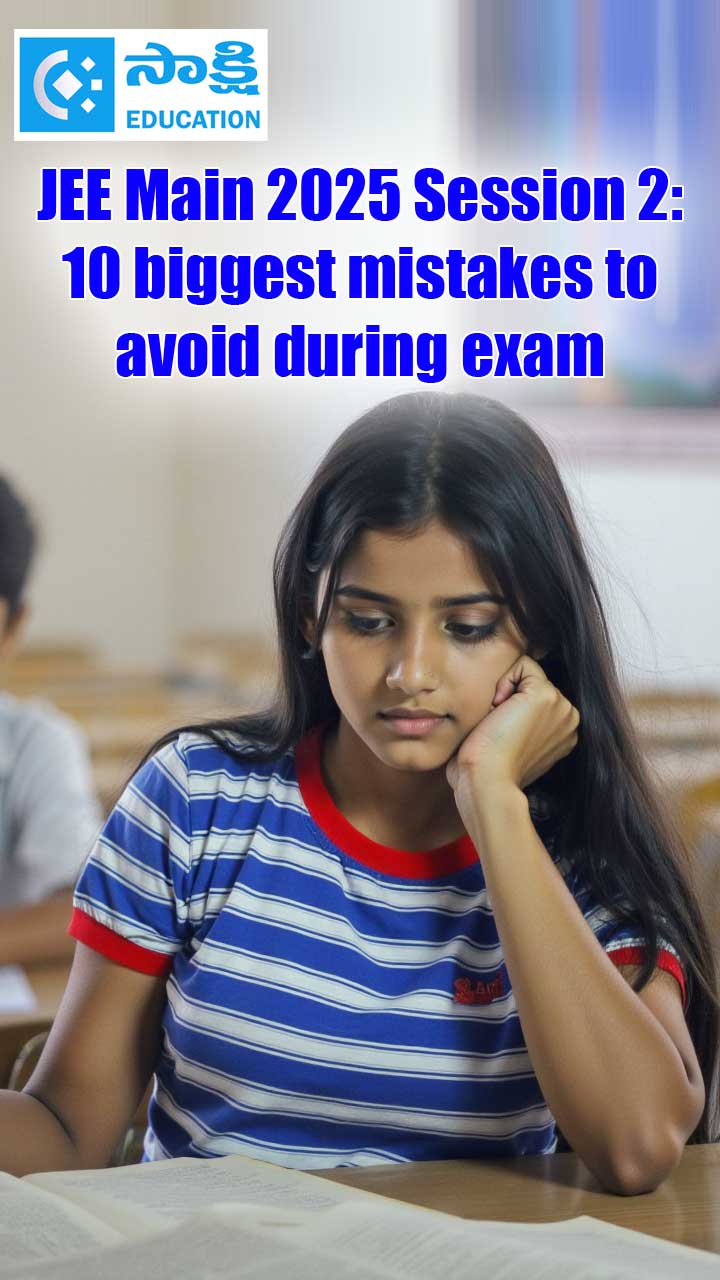Indo-US educational ties strong, says US Ambassador
Kochi: : US Ambassador to India Nancy J Powell today said there was an increase in the number of Indian and American students pursuing higher studies in each others country and this would help both nations. We are seeing an increasing number of students moving between our two countries. We are proud that more than 100,000 Indians are currently studying in the United States, almost double the number from 10 years ago, she said.
Speaking at a function after honouring Mahatama Gandhi University on being selected for the Obama-Singh Knowledge Initiative award, she said the number of Americans studying in India had grown by 44 per cent in the last year. 'This cross fertilisation helps both our countries, as these students are able to bring a more global perspective to their work in both the public and private sector', she said adding educational ties between the two were clearly 'strong'.
'Our yearly higher education dialogue between our two governments provides further evidence of our strong joint efforts', she said. Over 17,000 Indians and Americans have benefitted from the Fullbright Programme, the US government's flagship programme for international educational exchange.
MG University joined the top notch league of 'Obama-Singh 21st century knowledge Initiative' for institutional partnership projects in research and educational activities in science and technology between India and US. The programme will be started from September this year.
The Initiative was launched during Dr Singh's visit to US in November 2009. Out of the four projects selected from Indian side, MG University is the lone affiliating state university. The others selected are IIT Kanpur, IIT Delhi and Banaras Hindu University, Varanasi.
MG university will partner with the Brown University, Duke University and Plymouth state University in the US in a project titled 'An Interdisciplinary and Community Oriented Approach towards Sustainable Development'.
The major objectives of the project are strengthening of existing curriculum, participatory community involvement, collaborative research in clean energy and water management and dissemination of the knowledge generated to the sustainable development of the region and the communities.
Source: PTI












